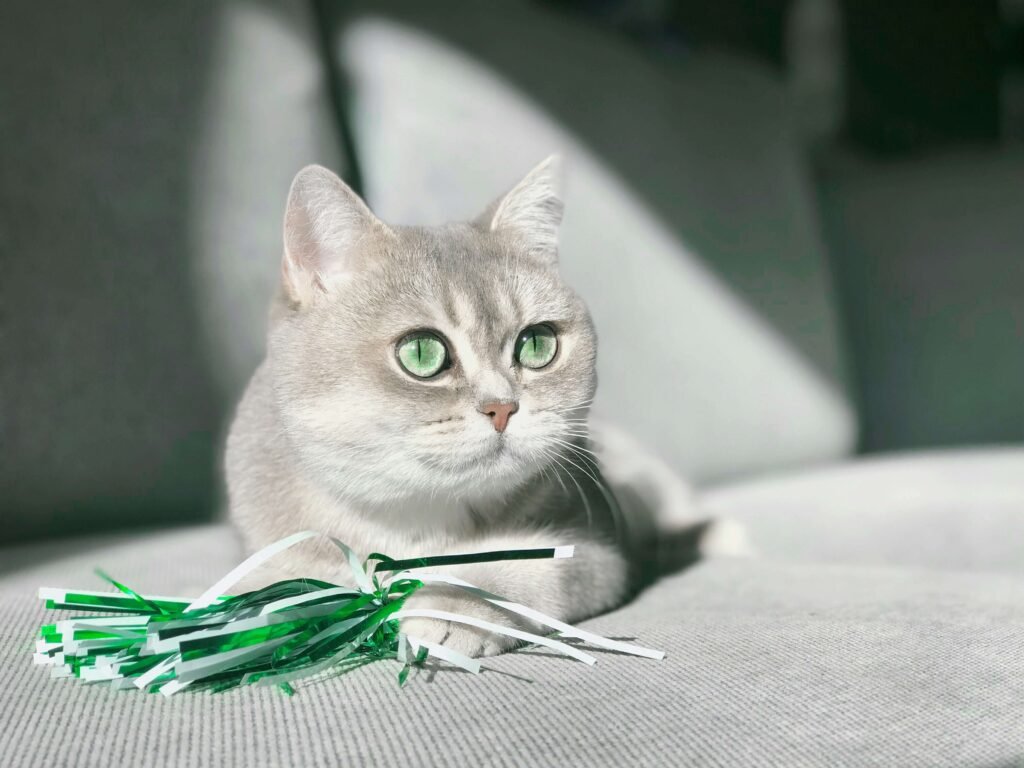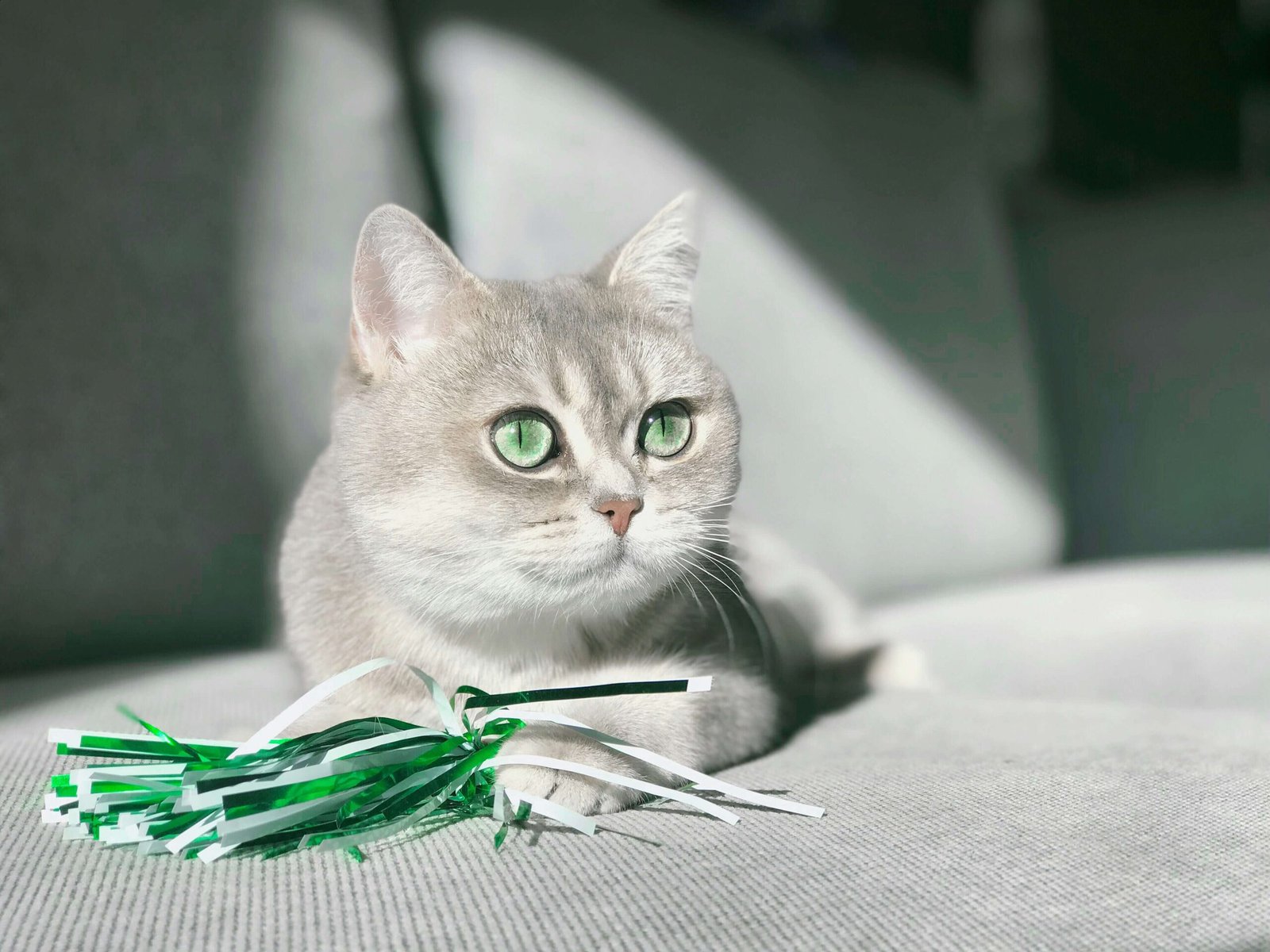Can Cats Eat Cucumber? Unraveling the Mystery
Cats are curious creatures, and as pet owners, we often find ourselves wondering what is safe for them to eat. One question that frequently pops up online and in pet owner circles is whether cats can eat cucumber. While cucumbers are a healthy snack for humans, are they equally safe and beneficial for our feline friends? In this blog post, we’ll dive into the topic of cats and cucumbers, exploring their nutritional value, potential risks, and how to safely introduce them to your cat’s diet. By the end of this article, you’ll have all the answers you need to make informed decisions about your furry companion’s health.
Is Cucumber Safe for Cats? A Quick Overview
Before diving into the specifics, let’s address the burning question: Is cucumber safe for cats? The short answer is yes—cucumbers are generally non-toxic and safe for cats to consume in moderation. However, there are some important considerations to keep in mind before offering this vegetable to your furry friend. Below is a list of key points to help you understand the safety aspects of feeding cucumbers to your cat.
Cucumbers are low in calories, making them a light snack option for cats.
They contain mostly water, which can help keep your cat hydrated.
Cucumbers lack essential nutrients that cats need, such as taurine and specific proteins.
Some cats may have allergic reactions or sensitivities to cucumbers.
Always introduce new foods gradually to monitor for adverse reactions.
In conclusion, while cucumbers are not harmful, they should not replace your cat’s regular diet. Moderation and careful observation are key when introducing any new food.
Nutritional Value of Cucumbers for Cats
Although cucumbers are not a staple food for cats, they do offer some nutritional benefits. Understanding these can help you decide whether cucumbers are worth including in your cat’s occasional snack rotation. Here’s a breakdown of the nutritional aspects of cucumbers for cats:
Cucumbers are rich in water content, which can support hydration.
They contain small amounts of vitamins like vitamin K and vitamin C.
Cucumbers have minimal fat and calories, making them a guilt-free treat.
They provide trace amounts of fiber, which can aid digestion in moderation.
Cucumbers lack essential amino acids and proteins that cats require for optimal health.
To summarize, while cucumbers are not nutritionally complete for cats, they can serve as a hydrating and refreshing snack when offered sparingly.
Check this guide 👉When Your Cat Eats a Fly: Best 7 Health Tips!
Check this guide 👉Can Cats Eat Corn? Best 7 Expert Health Tips!

Benefits of Feeding Cucumbers to Cats | Potential Risks of Feeding Cucumbers to Cats |
|---|---|
Hydration boost due to high water content | Lack of essential nutrients like taurine |
Low-calorie option for weight management | Possible digestive upset if overfed |
Contains trace vitamins like vitamin K | Risk of choking if not cut into small pieces |
Refreshing and crunchy texture | Allergic reactions in sensitive cats |
Helps satisfy chewing instincts | May cause disinterest due to bland taste |
How to Safely Feed Cucumbers to Your Cat
If you’ve decided to give cucumbers a try, it’s important to do so safely. Cats have delicate digestive systems, and improper preparation can lead to unwanted consequences. Follow these guidelines to ensure your cat enjoys cucumbers without any issues:
Wash the cucumber thoroughly to remove pesticides and dirt.
Cut the cucumber into small, bite-sized pieces to prevent choking hazards.
Avoid adding seasoning, salt, or spices, as these can be harmful to cats.
Offer cucumbers as an occasional treat rather than a daily snack.
Monitor your cat closely after feeding to check for any adverse reactions.
By following these steps, you can minimize risks and ensure that your cat enjoys cucumbers safely.
Signs Your Cat May Not Tolerate Cucumbers
While many cats tolerate cucumbers well, some may experience negative reactions. It’s crucial to recognize the signs that indicate your cat may not be suited to this snack. Here are some common indicators to watch for:
Vomiting or regurgitation shortly after eating cucumber.
Diarrhea or loose stools, which may signal digestive upset.
Lethargy or unusual behavior after consuming cucumbers.
Excessive drooling or pawing at the mouth, indicating discomfort.
Loss of appetite or refusal to eat other meals afterward.
If you notice any of these symptoms, stop feeding cucumbers immediately and consult your veterinarian for further guidance.
How Cucumbers Can Contribute to Your Cat’s Hydration
Cats are notorious for not drinking enough water, which can lead to dehydration and related health issues. Since cucumbers are composed of about 95% water, they can serve as a hydrating snack. Here are some ways cucumbers may help improve your cat’s hydration levels:
The high water content in cucumbers can supplement your cat’s daily fluid intake.
Adding small cucumber pieces to their food might encourage them to eat more moisture-rich meals.
Hydrated cats are less prone to urinary tract infections and kidney problems.
A well-hydrated cat is likely to have healthier skin and a shinier coat.
Offering cucumbers during hot weather can help keep your cat cool and refreshed.
While cucumbers can aid hydration, they should complement—not replace—your cat’s access to fresh water. Always ensure your cat has a clean water source available at all times.
Creative Ways to Make Cucumbers Appealing to Your Cat
Some cats may turn their noses up at plain cucumber slices, but there are fun and creative ways to make this snack more appealing. Below are some ideas to pique your cat’s interest:
Freeze small cucumber pieces to create a cool, crunchy treat for summer days.
Mix finely chopped cucumber with your cat’s favorite wet food for added texture.
Use cucumber slices as a playful puzzle by hiding them under toys or bowls.
Create a DIY “snack tray” with cucumber pieces alongside other safe veggies like zucchini.
Sprinkle a tiny amount of catnip on the cucumber to entice curious felines.
Experimenting with these methods can make cucumbers a more exciting option for your cat while still keeping it healthy and safe.
Other Safe and Healthy Snack Options for Cats
If your cat doesn’t seem interested in cucumbers or doesn’t tolerate them well, don’t worry—there are plenty of other safe and nutritious snacks you can try. Here are some alternatives that your cat might enjoy:
Plain cooked chicken or turkey provides protein without unnecessary additives.
Steamed carrots offer vitamins and a soft texture that’s easy to chew.
Small pieces of cantaloupe or watermelon (seedless) can be a sweet, hydrating treat.
Blueberries are rich in antioxidants and make for a fun, bite-sized snack.
Pumpkin puree (unsweetened) can aid digestion and is a great source of fiber.
Remember, variety is key when offering snacks, but always prioritize moderation and consult your vet before introducing new foods.
Frequently Asked Questions About Cats and Cucumbers
Can cats eat cucumber skin?
Yes, but it’s best to peel the skin to avoid pesticide residue and make it easier for your cat to digest.
How much cucumber can I give my cat?
Limit cucumber to small, occasional portions. A few small pieces once or twice a week is sufficient.
Are pickles safe for cats?
No, pickles are high in salt and spices, which can be harmful to cats. Stick to plain cucumbers instead.
Can cucumber help with my cat’s constipation?
While cucumbers contain fiber, they are not a reliable solution for constipation. Consult your vet for proper treatment.
Why does my cat seem scared of cucumbers?
Some cats react fearfully to cucumbers due to their sudden appearance or association with predators. This is not related to eating them.
Final Thoughts on Cats and Cucumbers
In conclusion, cucumbers can be a safe and hydrating snack for cats when offered in moderation. However, they should never replace a balanced diet tailored to your cat’s unique nutritional needs. Always prioritize your cat’s health by introducing new foods cautiously and consulting your veterinarian if you’re unsure. Remember, every cat is different, and what works for one may not work for another. By staying informed and attentive, you can ensure your feline friend stays happy, healthy, and nourished.
Do Cats Have Taste Buds? Best 7 Expert Tips! – Discover how cats experience flavors and why their taste is so unique.
Do Dogs Have Taste Buds? Best 7 Expert Tips! – Discover how dogs experience taste, their preferences, and what it means for their diet and health.
Can Cats Taste Sweet? Best 7 Expert Tips! – Discover why cats can’t taste sweetness, how it affects their diet, and tips to keep them healthy and happy.
Can Dogs Taste Sweet? Best 7 Expert Tips! – Discover how dogs perceive sweetness, which foods are safe, and tips to manage their sweet cravings responsibly.





